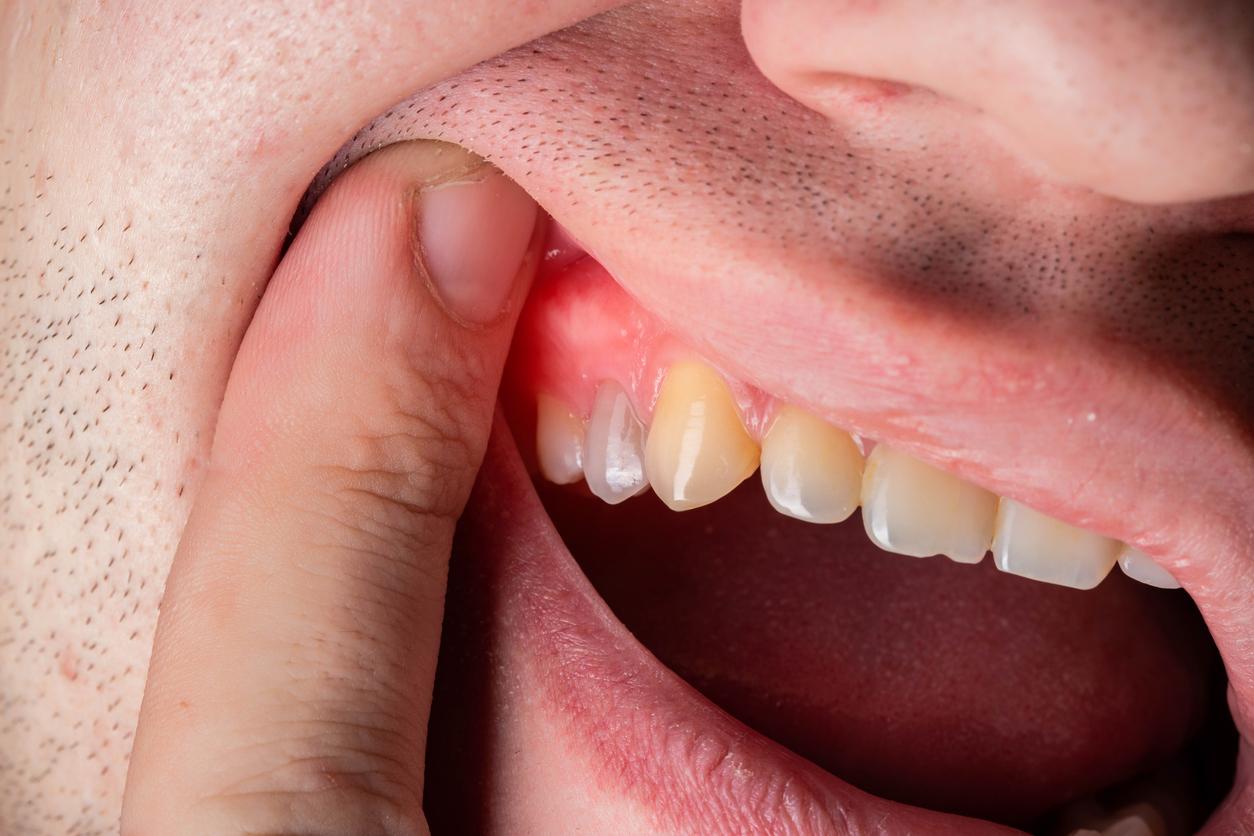Periodontitis, a severe inflammation of the gums, is not limited to the mouth. Recent studies suggest it may be a risk factor for atrial fibrillation (AF), a potentially serious heart rhythm disorder.

- Periodontitis is an inflammation of the gums that can increase the risk of atrial fibrillation by causing systemic inflammation.
- Maintaining good oral hygiene and seeing a dentist regularly are essential to preventing periodontitis.
- Managing periodontitis can help reduce the risk of heart problems, including atrial fibrillation.
There periodontitis is a serious infection of the gums that damages the soft tissue and, if left untreated, can destroy the bone that supports the teeth. Symptoms include red, swollen, bleeding gums, persistent bad breath, receding gums, and, in severe cases, tooth loss. The main cause of periodontitis is plaque, a sticky film of bacteria that forms on the teeth.
There atrial fibrillation is the most common type of cardiac arrhythmia. It occurs when the electrical signals in the atria of the heart become irregular, causing a rapid, erratic heartbeat. Symptoms of AF may include palpitations, fatigue, shortness of breath, and chest pain. AF increases the risk of stroke, heart failure, and other heart complications.
The link between periodontitis and atrial fibrillation
Researches have shown that chronic inflammation associated with periodontitis may contribute to the development of atrial fibrillation. Inflammation can affect the heart in several ways, including causing changes in heart tissue and increasing the risk of blood clots. Bacteria from the mouth can also enter the bloodstream, causing systemic inflammation and damaging blood vessels.
Several epidemiological studies have found a significant association between periodontitis and atrial fibrillation. For example, a study published in the Journal of the American Heart Association found that patients with severe periodontitis had a significantly higher risk of developing AF. Another study showed that treating periodontitis could reduce markers of systemic inflammation, potentially reducing the risk of AF.

Prevention and management
To reduce the risk of atrial fibrillation, it is crucial to maintain good oral hygiene. Here are some practical tips:
- Brushing and flossing: Brush your teeth at least twice a day and floss daily to remove plaque.
- Regular dental visits: Regular professional cleanings and exams can help detect and treat periodontitis early.
- Quit smoking: Smoking increases the risk of periodontitis and cardiovascular disease.
- Healthy diet: A balanced diet rich in fruits, vegetables and whole grains can improve gum and heart health.
- Stress Management: Stress can affect oral and cardiovascular health. Stress management techniques such as meditation and exercise may be beneficial.
Periodontitis isn’t just a gum disease; it has important implications for heart health. By maintaining good oral hygiene and monitoring the symptoms of periodontitis, you can potentially reduce your risk of atrial fibrillation.
By taking care of your gums, you are also taking care of your heart. Don’t ignore the signs of periodontitis and consult a health professional regularly for effective prevention.















